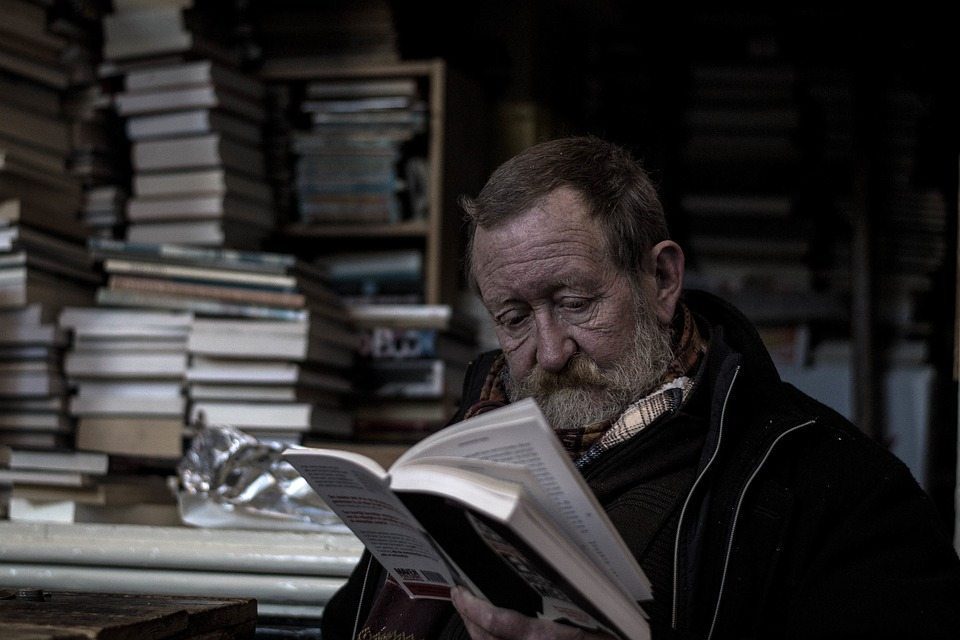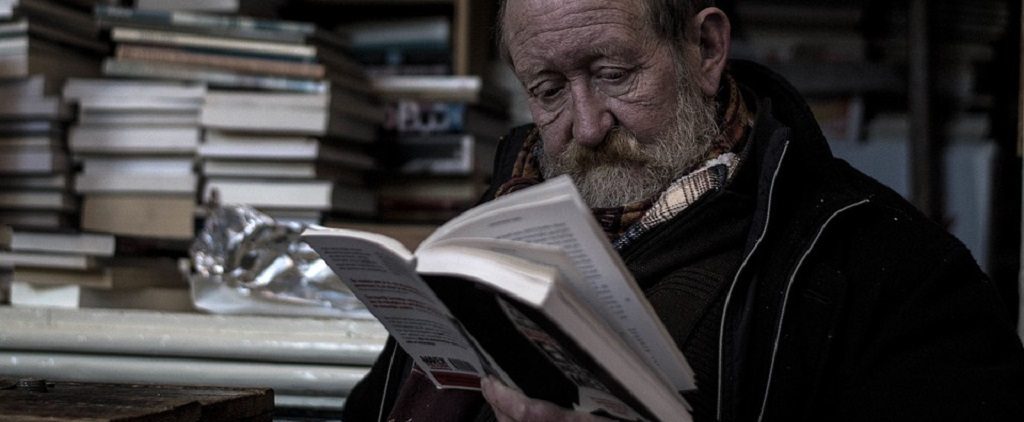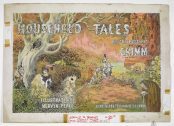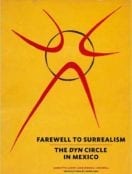[dropcap style=”font-size:100px; color:#992211;”]A[/dropcap]ware of the tightly-knit and cutthroat nature of University departments, not to mention the cattiness of their staff, author David Lodge took no chances when setting his series of academic novels in the fictional city of Rummidge.
That it was based on the city of Birmingham was no great secret, but in changing names and fictionalising locations, Lodge and his publishers avoided the wrath of legal proceedings for defamy or libel.
Similarly, in a less formal sense, the privacy and dignity of his colleagues remained intact.
A new study into related issues and ethics suggests that European law should be examined with regard to maintaining the rights of depicted individuals in literature, whilst simultaneously allowing for artistic freedom.
Mind you, if you live in a state which has chosen to opt out of Europe, its laws, and the protection of citizens’ rights that are enabled by such laws, it’s a moot point anyway – your rights are going to the highest bidder.
It can be quite an honour to be included in a literary work – but it may also be a demeaning experience. A new PhD thesis from the University of Gothenburg explores the clash that may arise between artistic freedom and people’s right to protect their privacy and reputation. After analysing 14 works of literature and the subsequent court cases, the author concludes for example that courts should be able to consult literature experts.
Nathalie Hauksson-Tresch already holds a PhD in law and is now working on a second doctorate, this time in French. The new PhD thesis combines the two research fields by means of an analysis of 14 separate works of literature and the legal aftermaths resulting from individuals suing the authors for turning them into fictional characters in their books.
French and European legislation
Nathalie Hauksson-Tresch has critically assessed the current situation, including research into French and European legislation as well as legal aftermaths and even cases brought before the European Court of Human Rights.
In France, but also in other countries, the problem of literary works portraying private matters has received increasing attention in both courts and the media.
“I wanted to analyse what happens when people who claim to have had their right to privacy violated in a literary work take authors and publishers to court”, says Hauksson-Tresch.
How far can novelists go?
Authors have the right to express themselves freely, but individuals also have a right to privacy. This dilemma leads to the question of how far novelists can go in their sharing of conditions and circumstances that fall within real people’s private domain. Depending on the circumstances, legal provisions are sometimes applied to the benefit of the artist and sometimes to the benefit of the victim.
Fictional and non-fictional texts
In her thesis, Hauksson-Tresch discusses various definitions of the concept of privacy in relation to French law, and to what extent judges treat texts differently depending on whether they are considered fictional or non-fictional texts.
“The thesis shows that the legal practice varies from one court to another. It is also common that judges make reference to the literary genres of the texts under investigation, which can be difficult to determine in practice.”
All of the works analysed by Hauksson-Tresch were classified as novels by their publishers, although each one of them in fact includes some extent of non-fictional elements. This has in some cases led courts to redefine the works in terms of genre, which has affected the court rulings.
“One interesting question is whether the courts have the right competence to make these assessments and which criteria they base their decisions on”, says Hauksson-Tresch.
Suggested improvements in the legislation
Hauksson-Tresch’s main objective was to explore opportunities for improvements and clarifications of present French legislation.
“I propose new rules, mainly inspired by literary theories, that would improve the prospects for a good balance between the opposing rights.”
Changes proposed by Hauksson-Tresch in her study include:
- A law providing that a literary work presented as a novel should also be treated as such in court.
- That each person who feels violated by having been included in a literary work shall be enabled to reply to the author in a context provided by the publisher.
- The opportunity for judges to consult experts on literary theory, in order to assess for example whether a text includes elements identifying it as fictional.
“Taking literary techniques into account, and thereby also the nature of an alleged privacy violation, would help courts improve their legal assessments,” says Hauksson- Tresch.
Source: Eurekalert/University of Gothenburg
Image: Pixabay/Unsplash

Some of the news that we find inspiring, diverting, wrong or so very right.




















